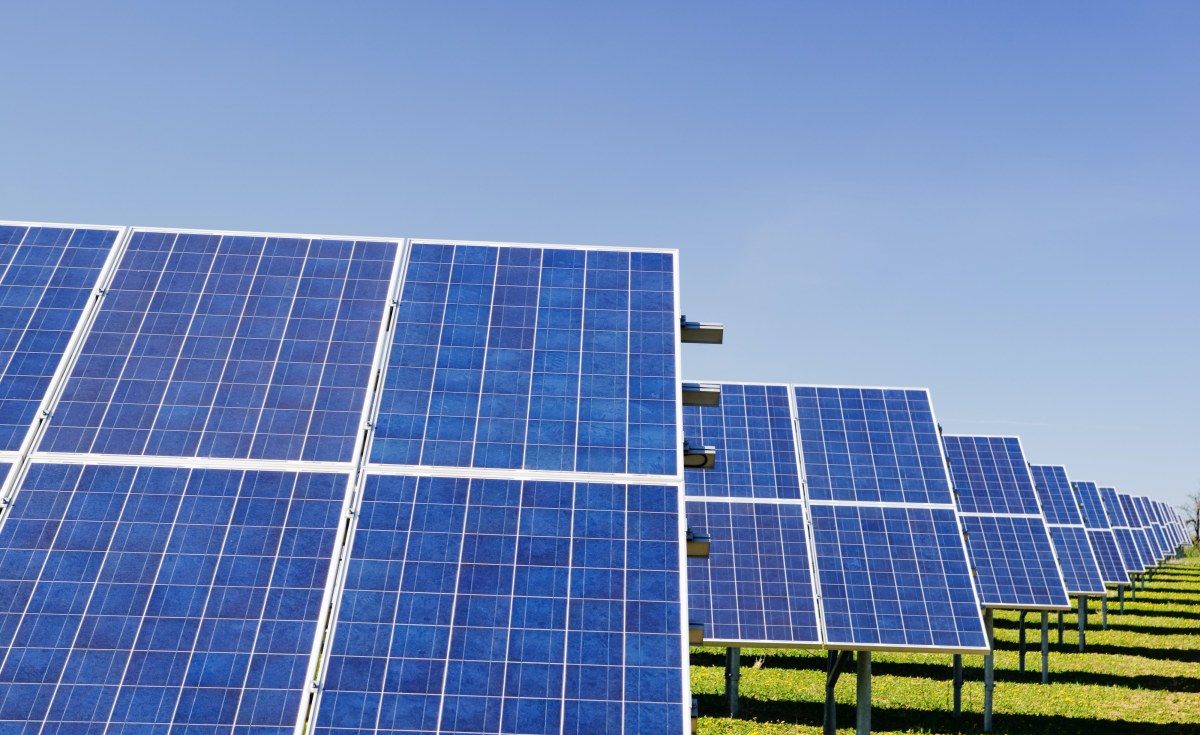With funding from the World Bank, the West Regional government, and a vision for a brighter future, Liberia is embarking on two critical projects: the expansion of the Mount Coffee Hydropower Plant and the construction of Liberia’s first solar farm. These initiatives promise to revolutionise electricity access, empower rural communities, and drive economic growth.
The existing Mount Coffee Hydropower Plant, nestled in the picturesque Louisiana region, currently generates 88 megawatts (MW) of electricity. However, with a projected investment of US$96 million, the expansion aims to boost its capacity to an impressive 126 MW. This increase will significantly enhance the availability of clean energy, benefiting Liberians across the country.
Harnessing the Sun’s Potential
Liberia’s first solar farm is set to rise alongside the Mount Coffee Hydropower Plant. This ambitious project is expected to produce 20 MW of electricity, harnessing the abundant sunlight that graces the nation. Blueprint designs are already underway, and construction will commence soon. The solar farm and the hydropower expansion will share the same site, synergizing their impact.
Read also: Nigeria turns to gas, electricity and solar energy for economic survival
Selected ventures will receive comprehensive support, laying the groundwork for scalable growth within Liberia. The program includes:
Immersive Bootcamp: A fully funded four-day boot camp will equip participants with essential knowledge and networking opportunities.
Expert Guidance: CGIAR scientists and industry experts will provide invaluable insights.
Six-Month Acceleration Program: Ventures will dive into business training, technical assistance, and funding support.
End-User Focus: Solutions will be tailored to benefit farmers, households, and businesses.
A Global Partnership
A high-powered delegation from the World Bank West Region office recently visited the Mount Coffee Hydropower Plant. Their mission? To assess the project’s location and gather firsthand information. Led by Franz Drees-Gross, Director of Infrastructure in the World Bank’s Africa West region, the team explored the site alongside Liberian officials. President Boakai’s unwavering support underscores the project’s significance.
From Civil War to Sustainable Power
Liberia’s history of electricity challenges dates back to the devastating civil war, which left national infrastructure in ruins. Efforts to restore power post-war fell short of public demand. Now, with the Mount Coffee expansion and the solar farm, Liberia is on the cusp of a resilient energy future. Patience is urged as the country works tirelessly to address this critical need.
As the blueprint takes shape and solar panels rise, Liberia’s path to sustainable power becomes clearer. Homes will light up, businesses will thrive, and schools will hum with energy. The solar farm and hydropower expansion symbolize hope—a beacon for a nation that refuses to be in the dark any longer.
In summary, Liberia’s investment in renewable energy infrastructure promises not only kilowatts but also empowerment, progress, and a greener tomorrow.
Environmental benefits of transitioning to solar energy in Liberia
Transitioning to solar energy in Liberia offers significant environmental benefits. Let’s explore how this shift can positively impact the country:
Reduced Greenhouse Gas Emissions: Solar energy is a clean and renewable source of power. By harnessing sunlight, Liberia can significantly reduce its reliance on fossil fuels, which emit greenhouse gases (GHGs) and contribute to climate change. A shift to solar energy helps mitigate Liberia’s carbon footprint, contributing to global efforts to combat climate change.
Improved Air Quality: Traditional energy sources like diesel generators and coal-fired power plants release pollutants into the air. These pollutants can harm human health and ecosystems. Solar energy produces electricity without emitting harmful pollutants, leading to cleaner air and better respiratory health for Liberians.
Preservation of Natural Resources: Solar panels require minimal water for maintenance compared to hydropower or fossil fuel-based plants. In a water-scarce region like Liberia, this is crucial. By reducing water consumption for energy production, Liberia can protect its freshwater resources and support sustainable water management.
Enhanced Energy Independence: Relying on solar energy reduces Liberia’s dependence on imported fossil fuels. This energy diversification enhances national security and resilience. Liberia can tap into its abundant sunlight, reducing vulnerability to global oil price fluctuations and supply disruptions.
Read also: Jaguar New Energies secures $10 million to provide solar power in South Africa
Promotion of Sustainable Development: Solar projects create jobs—from installation and maintenance to research and development. Local communities benefit economically, and skilled technicians gain employment opportunities.
Empowering Rural Communities: Solar energy can reach remote areas where grid connectivity is challenging. Off-grid solar solutions provide electricity to schools, clinics, and households. Liberians in rural regions gain access to education, healthcare, and communication through solar-powered devices.
Resilience to Natural Disasters: Solar panels are durable and can withstand extreme weather conditions, including hurricanes and heavy rains. By incorporating solar energy, Liberia can build a more resilient energy infrastructure.
Support for Sustainable Development Goals (SDGs): Solar energy aligns with several SDGs, including Goal 7 (Affordable and Clean Energy), Goal 13 (Climate Action), and Goal 15 (Life on Land). Liberia’s commitment to solar power contributes to achieving these global targets.
In summary, transitioning to solar energy in Liberia isn’t just about electricity—it’s about environmental stewardship, health, economic growth, and a brighter future for all Liberians.




